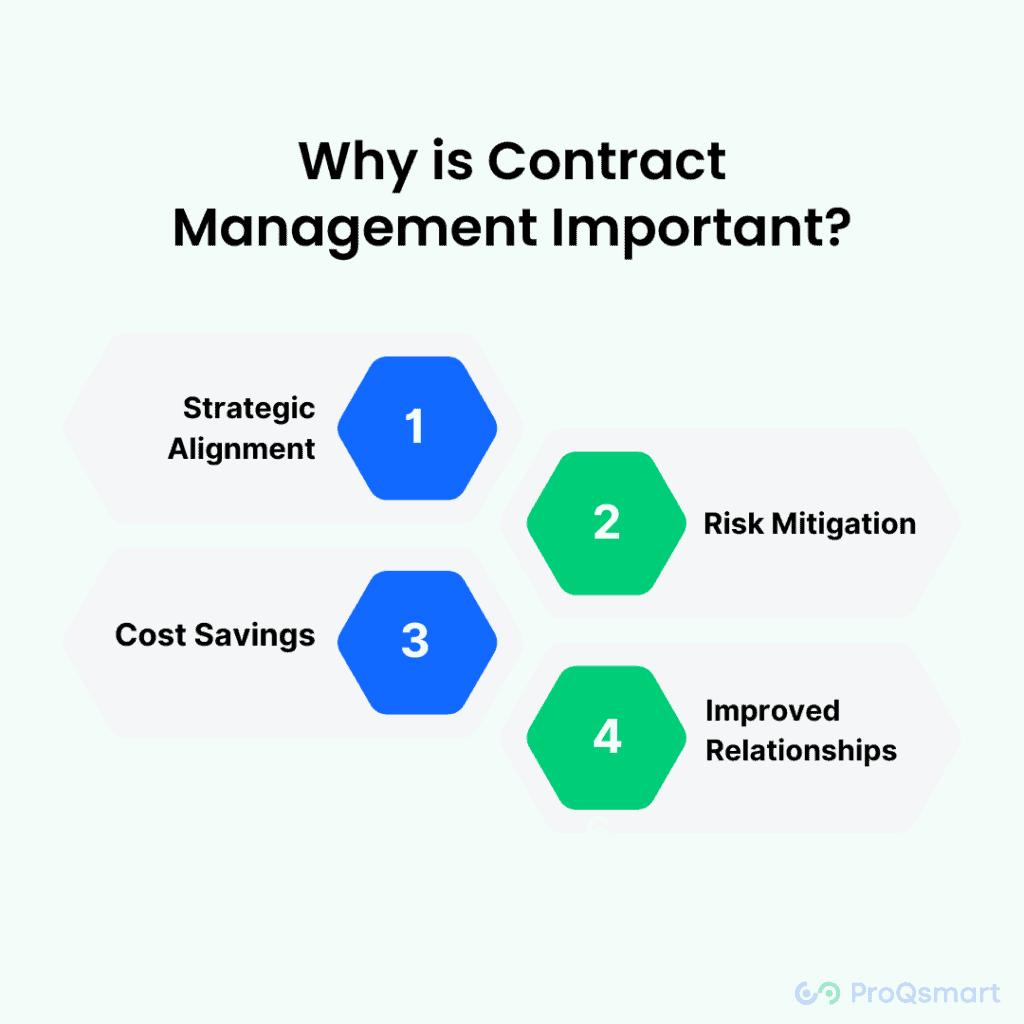Contract management 101 is a critical component of modern business operations that ensures companies can maximize benefits and reduce risks associated with contracts. This essential process involves organizing, guiding, and overseeing every phase of a contract’s lifecycle, from initiation through negotiation, compliance, and renewal. Understanding contract management, its importance, and how it operates can profoundly impact your business’s strategic and operational frameworks.
What is Contract Management 101?
Contract management refers to the process of managing contract creation, execution, and analysis to maximize operational and financial performance at an organization, while reducing financial risk. Businesses encounter numerous contracts with suppliers, partners, customers, and employees, and managing these contracts effectively is crucial to business success.
The Stages of Contract Management
Effective contract management follows several key stages, each contributing to the overall success of business transactions:
1. Contract Preparation
Preparation is the foundation of effective contract management. It involves defining the terms and conditions of the contracts, ensuring all parties fully understand their obligations, rights, and the expected outcomes of the contract.
2. Contract Creation
This stage involves drafting the contract in a manner that aligns with legal frameworks and business goals. Modern contract management often utilizes software to customize templates that adhere to company standards and legal requirements.
3. Contract Negotiation
Negotiation is a critical step where the terms of the contract are discussed and agreed upon by all parties. Effective negotiation ensures that the contract is mutually beneficial and sustainable, mitigating potential conflicts or misunderstandings.
4. Contract Approval
Once negotiated, contracts undergo an approval process. This stage ensures all stakeholders agree with the contract terms before finalization, often facilitated by a contract management system to streamline approvals according to predefined workflows.
5. Contract Execution
Execution is the phase where the contract is formally signed by all parties, making it legally binding. This stage may involve various departments, especially in larger organizations, to ensure compliance with the contract terms.
6. Performance Monitoring
After execution, the ongoing management of the contract ensures that all parties meet their commitments. Performance monitoring helps identify any issues or non-compliance, allowing for timely interventions to rectify problems.
7. Contract Amendment
Throughout the lifecycle of a contract, changes may be necessary due to shifting business circumstances or regulatory changes. Contract amendments need to be managed with the same rigor as the original contract to ensure legal validity and continued alignment with business goals.
8. Contract Renewal or Termination
At the end of a contract term, the contract is either renewed or terminated, depending on the success of the relationship and the evolving needs of the organization. This stage requires thorough review and analysis to decide the future course of action.
Why is Contract Management Important?

Strategic Alignment
Effective contract management ensures that every contract supports the strategic objectives of the organization, aligning procurement with overall business goals.
Risk Mitigation
By carefully managing contracts, organizations can identify potential risks early in the process and implement measures to mitigate them.
Cost Savings
Efficient contract management can significantly reduce spending by avoiding unnecessary expenses through better contract terms and avoiding penalties for non-compliance.
Improved Relationships
Well-managed contracts result in clearer expectations and fewer disputes, leading to stronger relationships with suppliers, partners, and customers.
Conclusion
Contract management plays a vital role in ensuring that contracts are used strategically to support an organization’s goals while minimizing risks and costs. Whether through enhancing operational efficiencies, improving relationships, or ensuring compliance, effective contract management is indispensable in today’s complex business environment. As companies continue to evolve and adapt to new challenges, the strategic importance of contract management will only grow, further underscoring its value in achieving business success.


